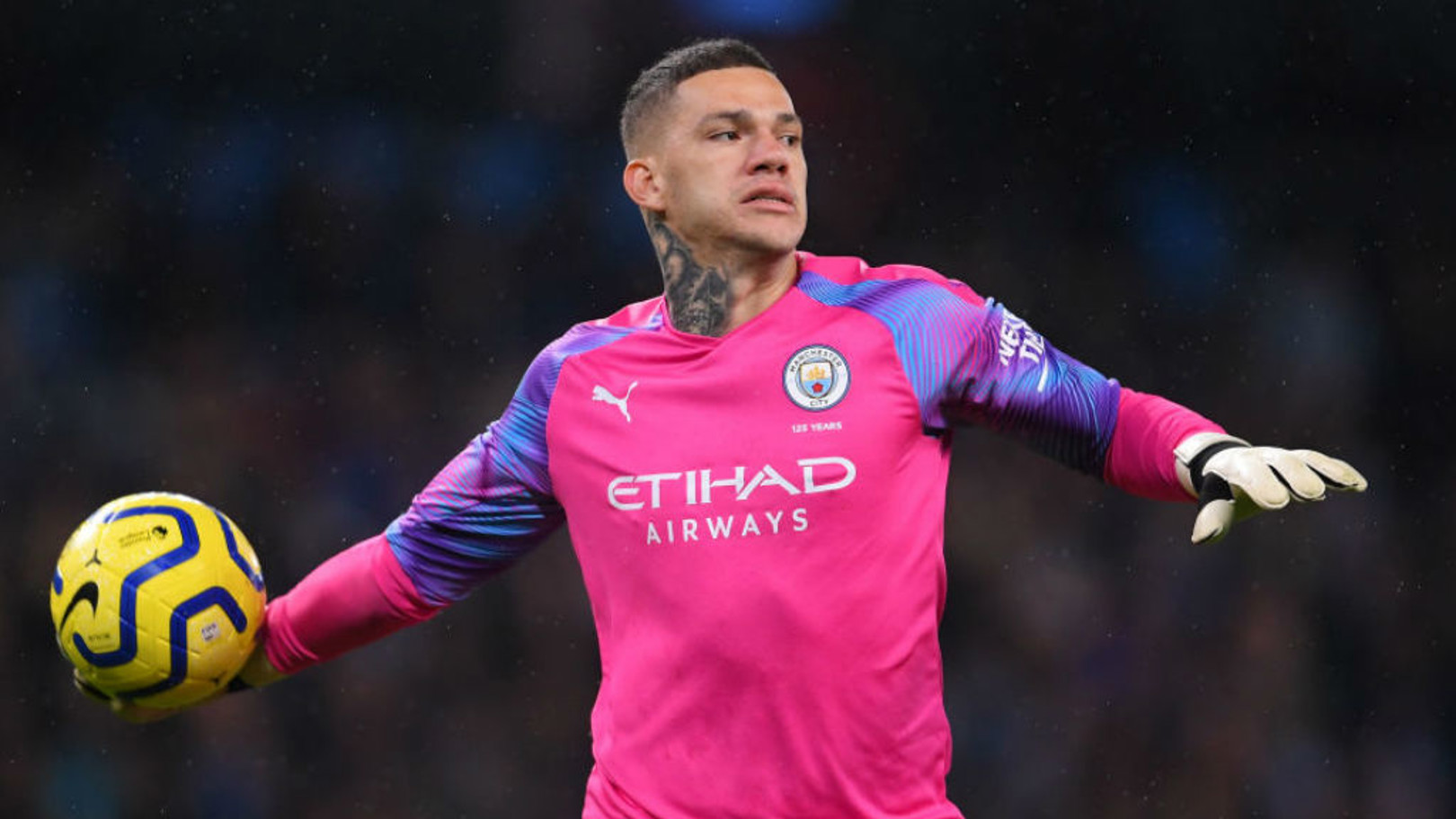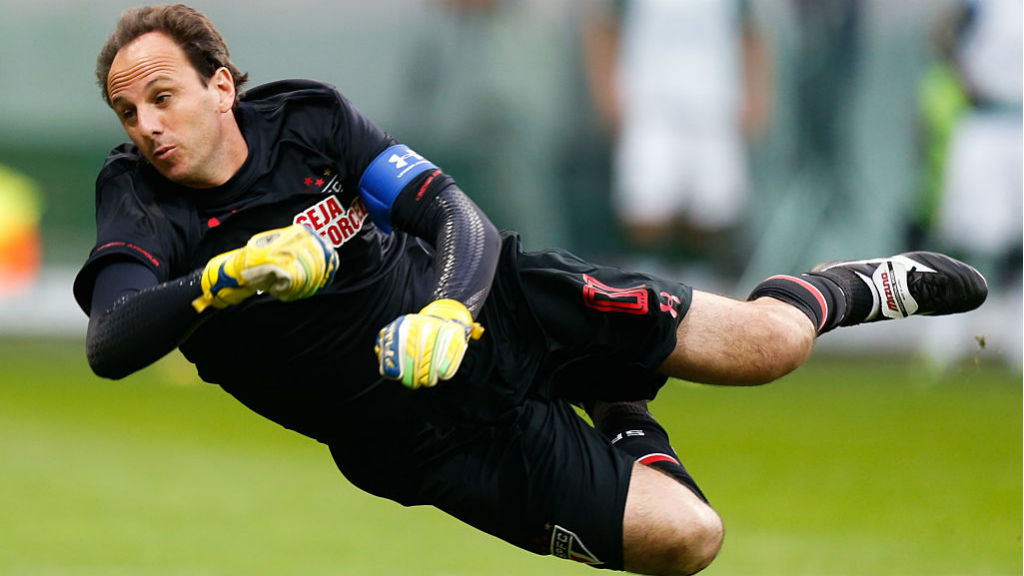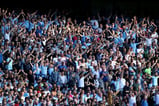Considered one of Brazil’s greatest-ever goalkeepers, Ceni was part of the Brazilian World Cup winning squad of 2002 and enjoyed a remarkable 23-year playing career with Sao Paulo, with whom he won 20 major titles including two Copa Libertadores and three Brazilian league titles.
Remarkably, he also scored 131 goals during his career, with most of them coming from free-kicks and penalties and one coming from open play.
Having retired from playing in 2015 at the age of 42, Ceni is now a manager in Brazil’s top division and is currently in charge of Fortaleza.
And Ederson credits Ceni with helping drive his own goalkeeping aspirations when he was starting out in the game as a youngster back in his native Sao Paulo.
CITY+ | Free to watch until football returns
“Rogerio Ceni has always been my inspiration,” the City goalkeeper revealed.
“When I started to play in school, I didn’t have an idol as such, I didn’t really like football in my nursery days.
“I used to go three times a week due to my brother’s influence and also because our friends used to go as well.
“So, I began to attend and started playing and after that I moved to the goal and from the moment that I started playing as a goalkeeper, I started following Rogerio Ceni.
“From that moment onwards, he became my inspiration and idol.”
Ederson has been a pivotal part of our success since making the move to City from Benfica in the summer of 2017.
DAVID SILVA: Made in Gran Canaria
But there were many years of hard work along the road to his illustrious professional career and, reflecting on his younger days, our keeper outlined some of the sacrifices both he and his family had to make during his formative years.
“It was a huge sacrifice; I remember training in Sao Paulo in the mornings,” the 26-year-old recalled.
“My father used to wake up at 5am to go to work and we’d leave the house at the same time, so I could go to the training sessions
“I needed to get two buses, followed by the club’s bus and it was the same thing on the way back.
“Sometimes I wouldn’t even have time for lunch because I needed to go straight to school.
“That is what my routine looked like: training – school or school – training. I’d come back from school just to have dinner and go to sleep because the next day I had to do it all over again.
“After three or four years at Sao Paulo, I began to think about it (football) and the future.
‘Will I ever be able to become a professional footballer?’
‘Will I be able to give my family some support?’
“Before that I wasn’t thinking how the future would play out, I used to think more about having fun.
“When it started to be a profession then I began to think more about it and the future.”









